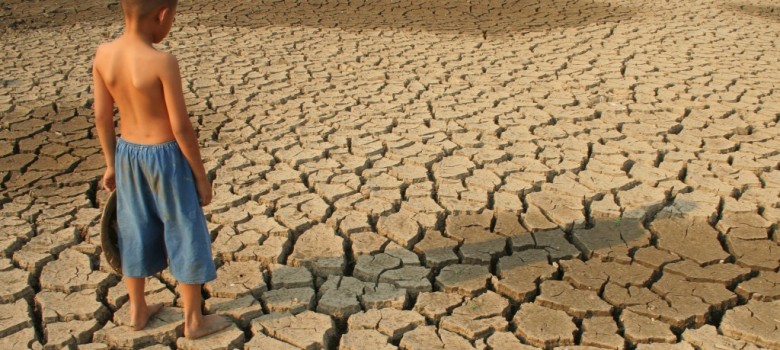
Rio+20 summit is only days away, and hopefully we will see a way forward in the form of a joined-up, global agreement on emissions. However, I was reading about the reluctance of Asian countries to accept the EU’s air-traffic carbon emissions charges and was reminded of the same tired old arguments.
Why should countries that are less developed take orders now from countries that started polluting the world with such intensity since the Industrial Revolution? Especially now too, as much of the developing world like Brazil, China, India and the Middle East is showing the Western countries the way forward for economic growth
And the arguments go on and on like this till we all breathe a collective sigh. Perhaps, from some angles, it is hypocritical, but that doesn’t mean that the argument doesn’t stack up and it is the right thing to do for the world as a whole.
The EU has come up with an emissions law (2012) where airlines are charged for their carbon emissions. January 2012 was the first instance where all airlines that use EU airports had come under the European Emissions Trading Scheme (ETS). This has been called a ‘deal breaker’ by the Indian environmental secretary, a view shared by many Asian countries. From here, we have an example of the old chestnut, mentioned at the top of the article. The West had its industrial revolution, profited and polluted the world. Who are they to lecture the developed countries, who, after all, want to emulate them and their success? Is it a form of tacit colonialism?
However, it is my firm belief that if an action is the right one, then it is right, regardless of who said it. Environmental action is needed urgently and this tit for tat argument isn’t very helpful to anyone. When William Wilberforce helped end slavery in Britain he didn’t countenance the argument that the Egyptians and Vikings had done it before. In the days of the industrial revolution we simply didn’t know the affects of our actions. We woke up to the fact, late, but better late than never.
Collectively we have made progress, if you look at the Kyoto protocol; there was a very real sense of the world, as a whole, acting for the common good. Although the treaty on its own was not a panacea, it was nevertheless significant. Let’s hope we can drag that spirit with us into Rio+20. It would be a real shame if that progress was stunted at such a crucial time. I would, however, concede that the West has yet to fully shed its polluting ways. The US, for instance, is still environmentally sinning and if Mitt Romney was to become victorious, may renege on the positive overtures it has made so far. However the current Obama administration at times has shunned green policies to the back pages of its legislative programme.
Britain too, is all too inert when it comes to green issues, despite all the right noises coming out of Number 10 (‘greenest government ever’). If one is to take a fine tooth comb to the draft energy bill, it would not be too difficult to find fault with it. For instance, there has been no date set for switching from gas and coal for renewables. Renewable energy is something the UK is still to get to grips with, woefully lagging behind the European average. And with the current economic crisis in Europe, the last thing the EU will be looking to enact is more regulation and taxes, environmental or otherwise.
We now see pollution, carbon emissions and such like as a crime. In effect those who do nothing about it are breaking nature’s laws. If two people rob a bank and only one is caught, is the person who is caught any less of a criminal? Thus, just because western countries got away with polluting heavily in the past it doesn’t follow that it is morally permissible for developing countries to do the same.
Now of course, we should try to make the whole idea more appealing. A possible solution to any impasse is to strive for a global agreement on carbon pricing. Why not introduce a system where a country could trade it like we trade things like gold and silver. Thus, more investors would take notice of countries in the developing world and importantly there would be incentives for reducing emissions and becoming more energy efficient.
Apart from the moral imperative, there is also a practical one. If you like these environmental measures be assured that they work both on a deontological and a teleological level. As time goes by, more and more of the developing world is becoming uninhabitable, there are more floods (however see what happened to Wales this week) in these areas and a lack of suitable living space. It is in the interests of the very countries opposing these measures that we take them.
Also from a practical viewpoint, many refugees will be created by these environmental changes. So it would be much better for the West to nip these problems in the bud and solve or go to some way of solving these problems rather than dealing with the consequences. Prevention is better than cure. It’s pro-active rather than reactive.
There’s one world not three so let’s adjust our environmental policies to that. Yes, the West was the first of the big polluters, and yes, it realised the impact it had a bit late in the day, but that doesn’t change the fact that environmental measures like those mentioned above are right. They are right from both a practical and moral point of view, so let’s forget the tit for tat and get down to it.












The world is getting small. Our planet is crowded .Pollution is so high. Less developed countries has to pay attention to carbon emission too. Situation is much more different than before. Industrial revolution is the past. Responsibility is bigger for everyone now if we want to survive.